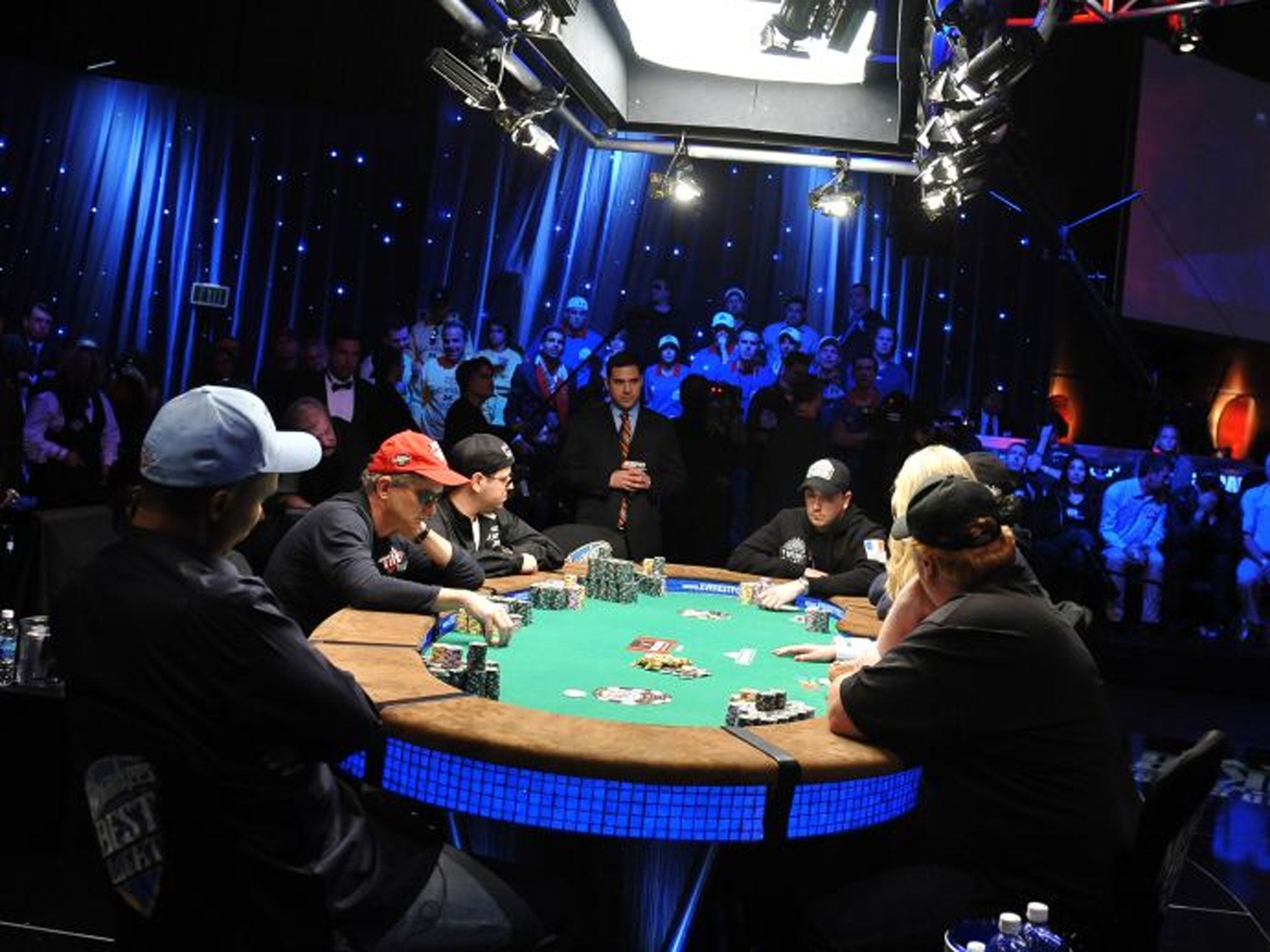Gamblers need poker arms, not a poker face, says study
Observers can make a correct judgement in just two seconds

Keeping a poker face may not be enough to conceal a winning hand. New research shows that hand and arm movements when placing chips can betray the value of the cards a player is holding.
The bet-placing arm movements of players holding potentially winning hands are smoother than those with poor cards, and observers can make a correct judgement in just two seconds.
“Even though professional players may be able to regulate their facial expressions, their arm movements could betray the quality of their poker,’’ said the researchers. “So, players’ intentions may be visible from their actions while moving poker chips to place bets.’’
Researchers carried out three separate studies where men and women viewed 20 two-second-long video clips of professional poker players and rated the hand they were holding based on views of the face or the arms. Results show that judgements based on players’ faces were poorer than random guesses. That, said the researchers, suggests that not only were players able to conceal the quality of their hands, but also to create deceptive expressions.
However, when the non-expert volunteers made judgements based on arm movements, the accuracy was better than chance.
The researchers, from Tufts University in the US, said that other research has shown that motor actions can sometimes betray intentions.
Just what it is about the arm movement is not clear. One theory is that the overall movement of the arms and hands may reflect confidence in those holding good hands. In those holding poor hands, the movements may be affected by anxiety. In a third study, the non-expert volunteers were asked to rate the players’ confidence and smoothness of arm movements. Results show that movements rated confident were also rated as smooth, and both were indicative of winning hands.
“Both player confidence and smoothness significantly predicted likelihood of winning, which suggests that movement smoothness might be a valid cue for assessing poker-hand quality,” said the researchers.
Bookmark popover
Removed from bookmarks